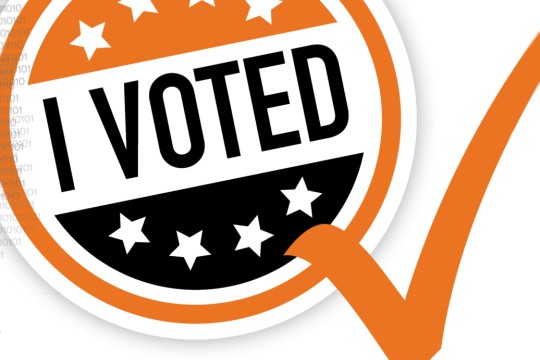Banning of Slave Trade Bicentennial Commemorated in Philadelphia, April 10-12
Conference presented by RIT, University of Pennsylvania, Temple University and the Library Company of Philadelphia
Two hundred years ago the slave trade in North America came to a screeching halt. Congress banned the practice and gave the early black freedom movement its first legal foothold in the long fight for equality.
The bicentennial of the ending of the slave trade in the United States will be marked in Philadelphia April 10-12 with a major international conference on slavery and abolition in the Atlantic world during the late 18th and early 19th centuries. “Atlantic Emancipations” is presented by the Library Company of Philadelphia, Rochester Institute of Technology, Temple University and University of Pennsylvania’s McNeil Center for Early American Studies.
Forty scholars from around the world will come together in Philadelphia to explore print technology and the black freedom movement, the politics of emancipation, gender and emancipation, interracial activism, black emigration movements, and slave revolution and emancipation in the Caribbean, among other topics.
Pulitzer-prize winning author Steven Hahn will give the conference’s keynote address. Other important names in African American scholarship—such as Richard Blackett, Laurent Dubois, Gary Nash, Sue Peabody, Cassandra Pybus and Manisha Sinha—will participate in the two-day dialogue.
“Everyday in the classroom we have to tell students why history matters,” says Richard Newman, conference co-organizer and associate professor of history at RIT. “The bicentennial of the ending of the slave trade has international importance and there needs to be public discussion about what that anniversary means in American history.”
Newman adds: “And this is all part of, in a larger sense, the American founding fathers. Did they help get rid of slavery? Were they ignorant of the problem? This is a chance to discuss something that happened during Thomas Jefferson’s time, James Madison’s time.”
The idea for the conference began with Newman, author of the upcoming biography Freedom’s Prophet: Bishop Richard Allen, the AME Church and the Black Founding Fathers (New York University Press). The conference became a financial possibility with $12,000 of initial funding from RIT’s Office of the Provost and College of Liberal Arts, as well as from other RIT contributors. The event was championed by Bruce James, retired Public Printer of the United States and RIT Board of Trustees Chair Emeritus, who learned about Newman’s idea for a conference commemorating the end of the slave trade through their mutual friend John Van Horne, director of the Library Company of Philadelphia.
With RIT’s backing, Newman organized the event with colleagues at the University of Kentucky, Columbia University, the University of Pennsylvania and the Library Company of Philadelphia. (Founded by Benjamin Franklin, the Library Company is the oldest lending library in the country.) Additional funding was provided by The Albert M. Greenfield Foundation, Dolfinger-McMahon Foundation, and the University of Pennsylvania Center for Africana Studies, Department of History and Latin American and Latino Studies Program.
“Those of us in Philadelphia are delighted to be able to co-sponsor this important event with RIT,” Van Horne says. “Richard Newman is one of the most important scholars working in this field, and his stature in the scholarly community has allowed us to attract a terrific array of participants. He will also edit a volume of the best papers following the conference.”
For more information about Atlantic Emancipations, visit http://www.librarycompany.org/emancipations/














